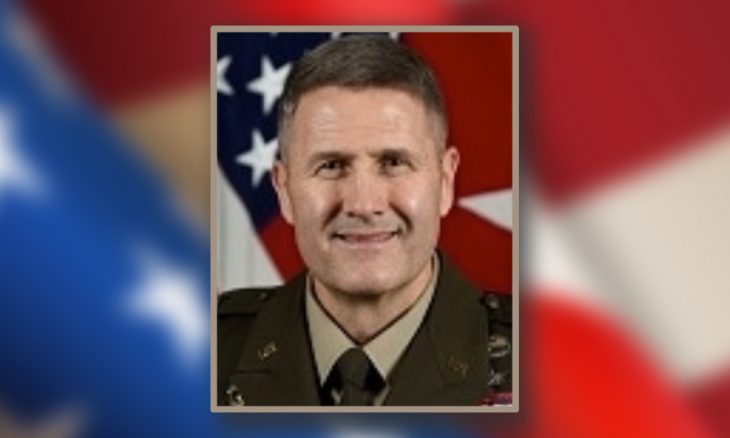Major General Hank Taylor
Commander, Army Operational Test Command
William D. “Hank” Taylor graduated from Brigham Young University, then joined the Army where he was commissioned a Second Lieutenant in the infantry. He held several troop commands, then returned to BYU where he earned an MS in Exercise Physiology. He taught boxing, combatives, and exercise design at the Department of Physical Education at the U.S. Military Academy. He deployed to Afghanistan in 2002.
Taylor graduated from the United States Army Command and General Staf College and took command at the squadron level. He was selected to serve as the Chief of Operations of the 101st Airborne Division, serving there two years. He deployed for a time to Korea and then served as the Chief of Staff for the 8th United States Army. He was Deputy Commanding General – Maneuver 1st Cavalry Division.
He served as a logistics specialist on the Joint Chiefs of Staff at the Pentagon. He is Commander of the United States Army Operational Test Command and has been tasked with the responsibility of airlifting American citizens out of Afghanistan during the Afghan crisis.
In the News…
During a Pentagon press briefing, Major General Hank Taylor said in one 24-hour period, 25 US military C-17s, three U.S. C-130s, and a combination of 61 charter commercial and other military flights departed the Kabul airport. In that one 24-hour period, they had evacuated 16,000 people, he said. Of that number, the U.S. military transported just under 11,000 personnel.
General Taylor said on Monday that military installations in the U.S. receiving Afghans for processing include Fort McCoy, Wisconsin, Fort Lee, Virginia, Joint Base McGuire-Dix, Lakehurst, New Jersey, and Fort Bliss, Texas.
The focus of the mission remains to ensure “a steady flow of evacuees out of Kabul to the and intermediate staging bases and safe havens at our installations” that continue to “rapidly build out capacity as needed to ensure reception and providing humanitarian assistance.”
U.S. installations in Europe and the Middle East are also being used as temporary safe havens, including in Qatar, the United Arab Emirates, Kuwait, Bahrain, Italy, Spain, and Germany, the general said.
“We deeply appreciate the support of these countries. This is truly a testament to the importance of our alliances and our partnerships,” General Taylor said.









